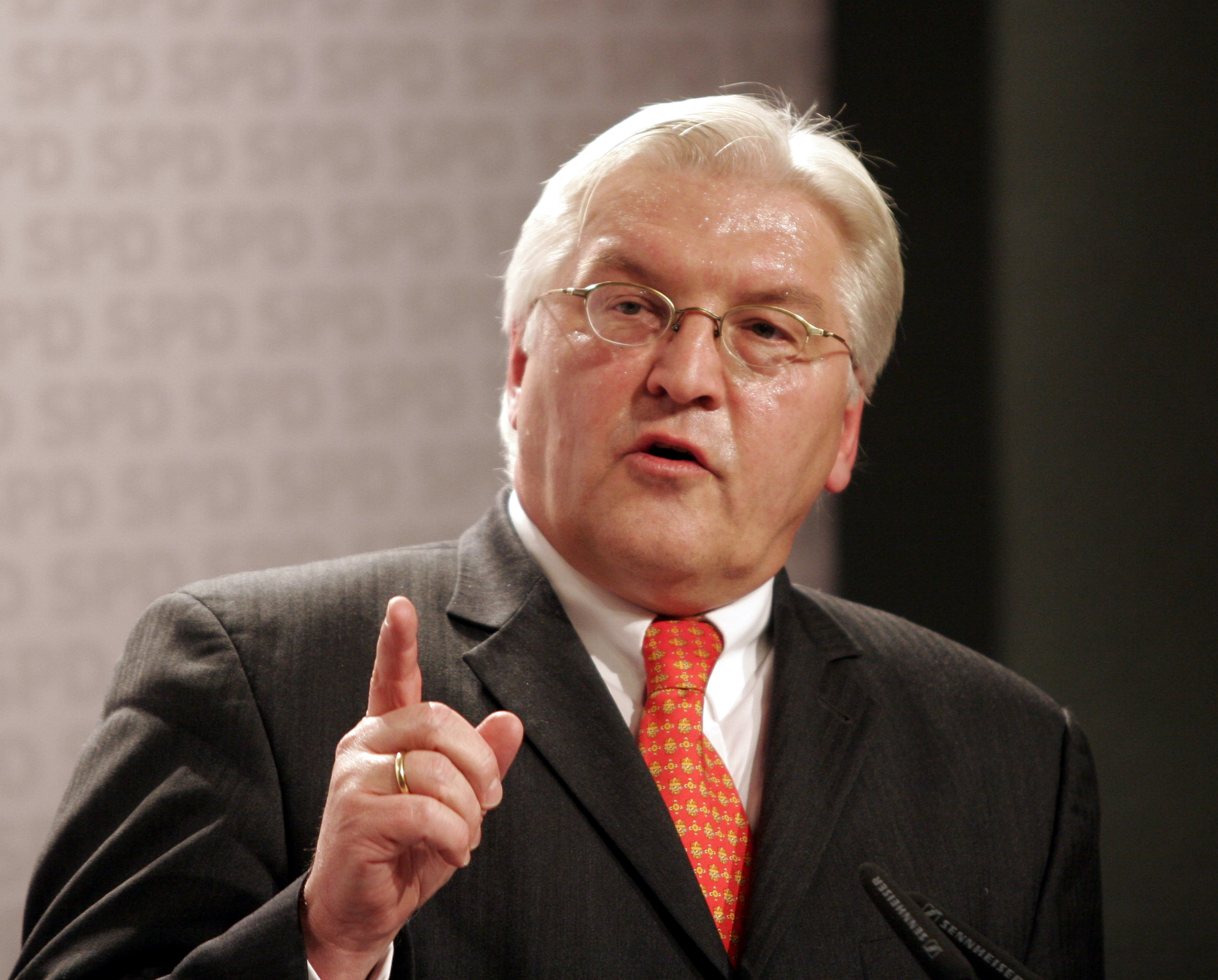
WHAT THE EUROPEAN UNION CAN DO ABOUT GEORGIA AFTER THE RUSSIAN INVASION
Publication: Eurasia Daily Monitor Volume: 5 Issue: 166
By:

The EU’s emergency summit on September 1 must contemplate the wreckage of European policies in the eastern neighborhood and toward Russia. Following Russia’s invasion of Georgia and the forcible change of borders there, the EU can expect intensified Russian pressures (perhaps after a decent interval) on Ukraine, the Baltic states, Moldova, and Azerbaijan.
While the form and combination of pressures — economic, political, military — will vary from country to country, Russia has set in motion a general process of overturning the post-1991 international order. Georgia became the first target.
Although triggered by the assault on Georgia, the EU summit would be remiss if it does not offer assurances of political support and integration prospects to Ukraine and Moldova, as well as a strong affirmation of Europe’s interest in the Azerbaijan-Georgia energy transit corridor.
Given that Russia had handed over its passports en masse in Abkhazia and South Ossetia, and then intervened to “protect Russia’s citizens,” the EU needs clearly to de-legitimize this sort of “passportizatsiya.” The EU had seen it coming in Georgia but said nothing. Failure to de-legitimize it could next hit the EU in the face in Ukraine, Moldova, or the Baltic States.
The Brussels summit grapples with a two-part agenda: First, rescuing the state of Georgia from territorial dismemberment, economic devastation, and Russian military occupation; and second, setting prohibitive costs to Moscow’s use of coercion in Europe’s East, where the reimposition of Russian predominance would enhance Russia’s power vis-à-vis the EU and NATO.
The EU seems broadly prepared to extend political and economic support to Georgia, but appears divided on whether to recognize the challenge from the revisionist power Russia, let alone how to handle that challenge.
At its Brussels summit, the EU can offer Georgia the following forms of support:
— Elevate to the top of the policy agenda the issue of removing Russia’s military buffer zones (“security zones”) from Georgia’s interior. Carved out by Russia unilaterally, those occupied zones bear no relation to the French-mediated “armistice;” rather, they tear it up. Those zones extend far beyond Abkhaz and South Ossetian territories, jeopardize Georgia’s vital transportation arteries, undermine the viability of the oil and gas transit corridor, and reduce Georgia to an insecure, precarious rump state.
— Revert to full diplomatic backing of Georgia’s territorial integrity within its internationally recognized borders. German Minister of Foreign Affairs Frank-Walter Steinmeier and French President Nicolas Sarkozy had conspicuously abandoned that principle in the conflict-resolution plan on Abkhazia in June and the sham “armistice” in August, respectively. That backpedaling (by third parties at Georgia’s expense) undoubtedly encouraged Russia to “recognize” Abkhazia and South Ossetia and bite off further chunks of inner Georgian territory in the so-called buffer zones. As part of delegitimizing Russia’s “recognition,” the EU is well placed to announce that it would withhold EU aid from countries that recognize Abkhazia and South Ossetia.
— Recognize officially the fact that mass ethnic cleansing was carried out in Abkhazia in the 1990s and in South Ossetia (plus the “buffer zone”) in August 2008, invalidating the territorial self-determination claim of the perpetrator authorities. Some EU leaders, including German Chancellor Angela Merkel and French Minister of Foreign Affairs Bernard Kouchner, have duly noted this in the run-up to the EU summit (Deutsche Welle, Agence France Presse, August 26-28). The EU as such, however, needs to go on record on the two cases of ethnic cleansing, condemn them, and draw the appropriate policy consequences.
— Call for an impartial international investigation by an independent panel into the events that led to the Russia-Georgia war and its consequences on the ground. Georgia’s Ministry of Foreign Affairs has already called for such an investigation, offering full access to evidence and investigators on the ground (press release, August 29).
— Assemble and dispatch an EU peacekeeping contingent to Georgia. Such a contingent could consist of multinational gendarme-type (militarized police) or civilian police units, as well as unarmed military observers, drawn from EU member countries. It should be assigned to replace the Russian troops stationed in the so-called buffer zones, as Chancellor Merkel (Deutsche Welle, August 26) and others have suggested. The EU could confer a mandate of its own to such a contingent within the framework of the European Security and Defense Policy (ESDP). Alternatively, a coalition of the willing from among EU countries could contribute the personnel. In either case, Georgia can exercise its sovereign right to invite such a contingent to its territory. Seeking a mandate from the UN, as France suggests (AFP, August 26) or the OSCE would be the wrong way for the EU to proceed. In that case, Russia would use its veto in either organization to delay the contingent’s arrival indefinitely or to reduce its size and mission to near-irrelevance (as is already the case with the UN and OSCE missions in Abkhazia and South Ossetia, respectively, due to Russia’s veto power).
— Authorize EU funding for a reconstruction assistance package, to be developed by the Georgian government in consultation with the World Bank and possibly other institutions. The value of this package must be commensurate with the damage inflicted on Georgia’s infrastructure by the Russian military during the invasion and “armistice”. A non-commensurate reconstruction package would signal (not for the first time) that the EU is not serious about using Georgia’s unique transit potential in Europe’s interest. The EU may appoint a special representative for reconstruction in Georgia. The Czech Republic has offered to host an aid donors’ conference for Georgia. The EU’s reconstruction assistance, however, is no substitute for a strategic policy of the EU, which is lacking in Georgia and the South Caucasus generally.
— Fast-track a visa facilitation agreement and a free trade agreement between the EU and Georgia. Both were in the works well before the Russian invasion and have become even more urgent now. Beyond their intrinsic value to Georgia and its citizens, the fast-track completion of these agreements would also serve to demonstrate at least a measure of EU engagement in Georgia for the long term.
The EU’s common foreign policy, security policy, energy policy, and neighborhood policy all lack credibility with an adversarial Russia, with pro-western-countries in Europe’s East, or indeed within the EU itself. The EU now has an unprecedented opportunity to gain some credibility all-around by an active policy in Russian-invaded Georgia.




